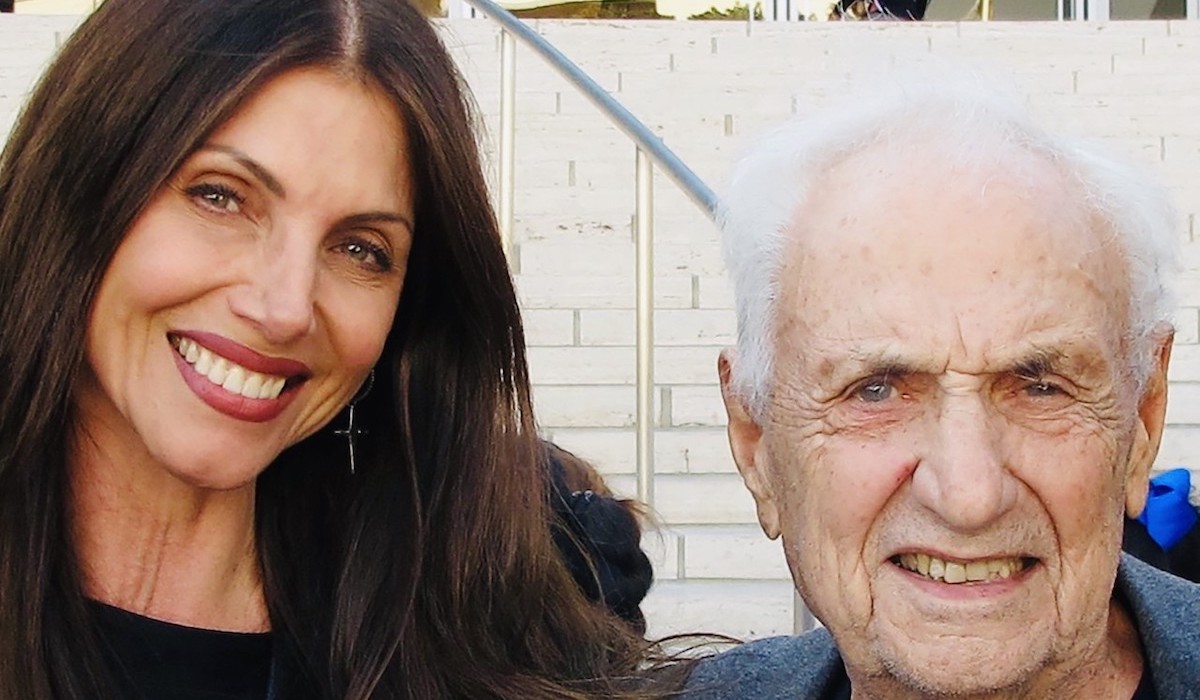Why Humanity Needs the Humanities

“Where can we find light in this never-ending shade?” Poet laureate Amanda Gorman asks this of our nation in her Inaugural Poem. She also writes, “if we merge mercy with might and might with right, then love becomes our legacy and change our children’s birthright.”
The American hill we climb will not be scaled without a sense of belonging to each other; a desire to be better together. We won’t get to the mountain top, to Martin Luther King’s “promised land,” if we are crippled by hatred and outrage, and we continue to “other” our neighbors and remain trapped in this cancel-cultural base camp. Our wars have moved from Afghanistan to local school board meetings, with the battle over what teachers are allowed to teach, science, fake news, and who should wear a mask or get a vaccine. Instead of wanting to protect or understand one another, we seek to destroy one another.
As these “wars” permeate classrooms across our country, it begs the questions: What should we be teaching our children? What is the purpose of public education? And how have we found ourselves so far from this legacy of love the poet Gorman speaks of?
Public schools were founded to educate our citizenry. We invest collectively, through taxation, in our children; in human beings who will stand up for what is right and just, who will respect themselves and others, and will co-create a future we cannot yet imagine. The problems of our time are as diverse as they are dire. This amplifying of division, this hateful othering, calls for a reimagining of education. We need a culture of caring, not cancelling. We need more collaboration and less competition. We need more creativity and less combativeness.
The author Sir Ken Robinson gave three TED talks on the importance of creativity in education, which have been viewed over 80 million times. He said, “imagination is what fundamentally sets us apart from the rest of life on earth, very little does truthfully.” He defined this as “the ability to bring into mind things that aren’t present to our senses”, and perhaps most profoundly stated, “it is the source of every form of human achievement, and the one thing we are systematically jeopardizing in the way we educate our children.”
Similarly, the artist and architect Frank Gehry has talked about the transformational importance of the arts and creativity. “Architecture and any art can transform a person, even save someone,” said Gehry. “It can for children—for anyone. It still does for me.”
This critical aspect is why we joined with Gehry—and other transformational minds—to launch Turnaround Arts: California to invest in arts education for underserved schools. Because art and creativity had “saved” both of us, and we knew that too many young people didn’t have access to it; mostly kids from lower income neighborhoods and children of color. Kids who often benefit the most and usually receive the least.
Educational policy in America has become overly focused on “outputs” or test scores. Sir Ken Robinson felt that this narrow data-driven system ultimately created a small universe of “winners,” while most students lost out, defeated by an arbitrary elevation of English Language and Math at the expense of other subjects—including the humanities, which are critical for learning to understand others through their languages, histories, and cultures. The humanities help to foster social justice and equality. And they reveal how people have tried to make moral, spiritual, and intellectual sense of the world.
We mistake intelligence for academic ability when we are limited to narrow, (profitable) test-driven subject matter, usually restricted to literacy and numeracy. We must reframe academic “ability” to include social and emotional wellness, and promote the development of dispositions like curiosity, confidence, empathy, and creativity.
At this moment in our history, as we face unprecedented political strife, a global pandemic, and an existential climate crisis, we must IMAGINE a transformation in the ways we live, the ways we treat each other, and the way we educate our children. School shutdowns and quarantines have amplified feelings of alienation due to social isolation, fueling culture wars, violence, depression and political hatred. There has never been more urgency. Our challenges are without precedent and our children deserve to be educated to their full potential with compassion and creativity. Standardized testing regimens do not necessarily raise standards, in fact quite the opposite. Teachers are meant to facilitate knowing, not merely deliver scripted curriculum. Learning is relational, even spiritual, and should be enabling, engaging, and inspiring.
It will be through imagination that we dig ourselves out of this moment. Our children should not be trapped by their personal biographies or zip codes, in schools that kill creativity, not by lack of desire, but by systems we have built, categories of “ability”, conformity and compliance. Our schools have prioritized test scores over the well-being, curiosity, and love of learning our children have a natural innate capacity for.
Public education has been one of the jewels in the crown of American achievement and aspiration. We cannot give up on generations of our children by accepting the status quo—not now, not ever. We must remain steadfast in our commitment to educating our youth, with a compassionate conception of educating the whole child, moving away from a post-industrial focus on outputs, yield, or matriculation stats, and towards valuing individual learners, customization, and creativity.
There is a poem by William Carlos Williams called “Asphodel, That Greeny Flower.” Toward the end of the piece, he writes: “It is difficult / to get the news from poems / yet men die miserably every day / for lack / of what is found there.”
So do children. More poetry please.


